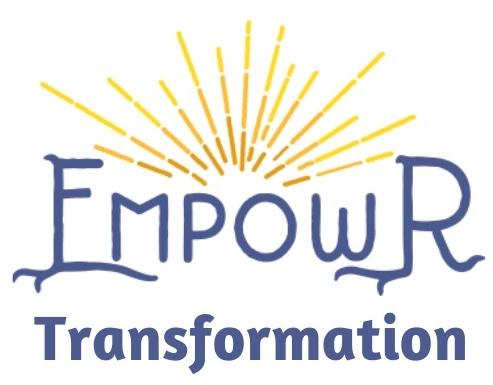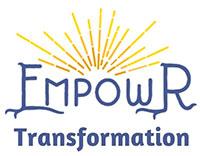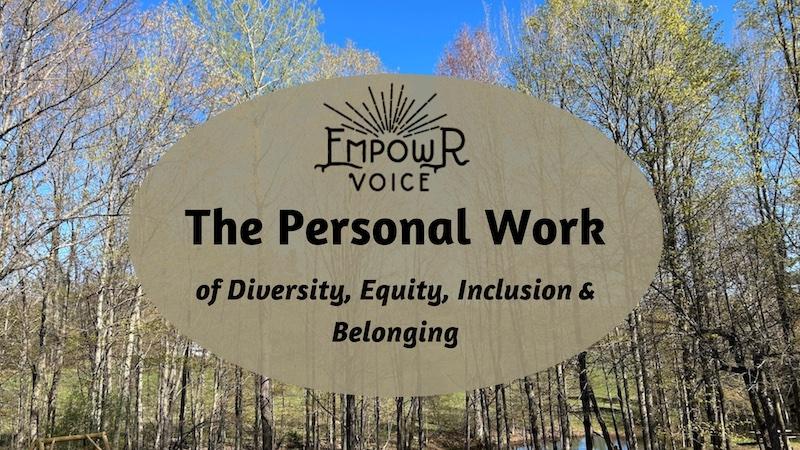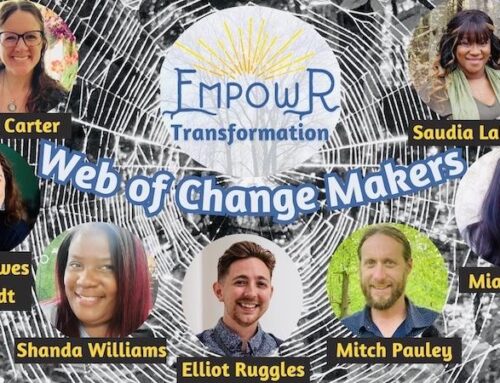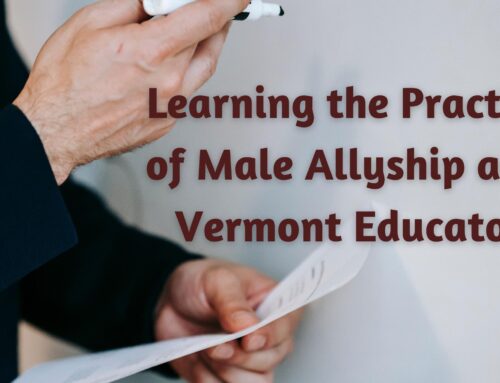The role of Diversity, Equity, Inclusion, and Belonging continues to emerge in workplaces and communities, with questions being raised around the lasting effectiveness of statements, policies, and performance.
Diversity statements, equity policies, and performative inclusion operate under white, Western European dominant social norms, and are created by people—human beings who all have hearts, minds, and experiences that influence behavior, words, and actions informed by values, belief systems, and varying degrees and types of trauma.
The reality of human behavior, even with the best intentions, generates a messy paradigm of people who have been oppressed, people who have oppressed others, and a whole lot of people who have experienced both in many different ways. Furthermore this cycle of oppression cycles through generations, institutions, and the entire history of this country.
So when it comes to efforts to increase diverse representation of people with different identities in workplaces and communities; creating conditions where all people (regardless of their different identities) receive fair and impartial access, opportunity, treatment, and advancement to live their best lives; allocating resources and addressing barriers so everyone has the same access; and transforming social norms to foster belonging for all people—there is a huge swath of shifting power, wealth, and leadership dynamics that illicit emotional charges in the body that many people in the dominant groups have limited ability to comprehend or process.
The more advantages a person has based on the privileges and access afforded by their identity, the more people from more marginalized identities call on the importance of “doing the personal work.”
A mix of self awareness, emotional intelligence capacity building, identity and social group self and collective examination, holding ourselves accountable for the impact of our behavior, trauma and wound healing, ancestral recovery and reconciliation, and unlearning and relearning (to name a few) are all examples of the “personal work.”
This can also be more simply stated: learn how to be a better human—to people, other living beings, air, water, earth, and ourselves.
It’s challenging and complicated. We live in a society that tells us through dominant cultural norms, media, and marketing that we don’t have to change—we are fine as we are. Or if we do have to change, the solution lies in something that can be marketed and then consumed. May we be reminded that the marketing of consumption is one of the key sources of racialized capitalism that created a hierarchy of injustice in the formation of this country (on land that never belonged to this country in the first place).
The “personal work” asks people to change, to awaken to the truth, to shift perspectives by listening to different lived experiences, and to build new culture. Culture is comprised of people doing and being—the social norms and patterning that have been learned and passed down over time. Transforming cultural conditions where Diversity, Equity, Inclusion, and Belonging can be actualized requires transformation in the people behind the statements, policies, and performances.
For the past five years, I have been excavating what it means as a white-bodied woman with a definite set of identify advantages and a mix of oppressor and oppressed ancestry in my body to “do the work.” The personal work can only go so far as an individual inquiry. Part of the process is to be able to communicate with other people in shared identity groups to encourage accountability, practice radical empathy, integrate unlearning and relearning, and build the muscle for discomfort, deep listening, and perspective shifting.
We are so focused on trying to find solutions and chasing urgency, that opportunities for human connection to share and learn with each other how we can actually change behavior receives less priority than the actions that can get crossed off a list. And yet it is ripples of behavior change by more and more people that leads to transformation, healing, and evolution for just and liberated organizations, communities, and culture.
If you are interested in doing the personal work in community, four White Women Accountability Circles and four Men’s Community Evolution Circles will be offered by EmpowR Transformation this summer at Grandmother Cherry Sanctuary in Plainfield, Vermont.
